Gender
Stigmatisation of infertile male spouses also high
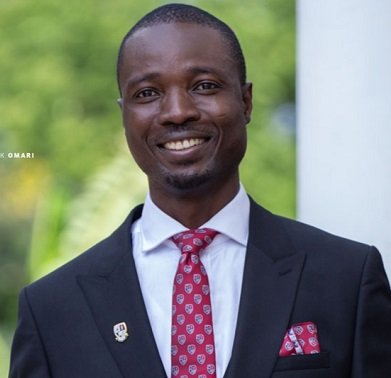
In Ghana, when couples are unable to have children of their own, it is the women who are mostly deemed to be stigmatised and ridiculed for their inability to have children.
However, according to experts, male stigmatisation is also high with theirs done subtly, causing them to take in all kinds of drugs and aphrodisiacs to boost their ability and to help them solve their problems.
Some are teased and mocked by their wives, relations and friends also give them several names depicting their problem.
The situation is causing some infertile men to lose their confidence, some have developed low self-esteem while others push the blame on their spouses or commit suicide.
In an exclusive interview on the issue with Dr Francis Vinkpenuba Wuobar, an Obstetrician Gynaecologist from the Eastern Regional Hospital, he explained that male stigmatisation was real, adding that it is causing a lot of sub fertile men to suffer emotionally and therefore called on the public to stop all forms of stigmatisation of infertile couples and rather show love and give them support.
He explained that “men take ridicule and stigma rather poorly than women and tend to internalise their emotions which cause them to lose their ego. The concept of not being a man enough is devastating.”
“Sometimes, some men who are deemed infertile in a bid to remain emotionally stable rather take the blame out unto their partners and this may cause them to avoid seeking help altogether,” he added.
He lamented that stigmatisation was one of the reasons some men refused to go to the hospital with their spouses to go through tests when a couple have problems with their fertility, adding that stigmatisation may worsen the problem or prolong it.
Dr Wuobar explained that child bearing involves a lot of process which can be interrupted and cause infertility, revealing that infertility in men can be as a result of dysfunctional sperm, prostrate, dysfunctional testes among others.
“Even at the production stage, an interruption can occur, it could be a problem with the testes which at a child stage may have not descended well into the scrotum or because of poor temperatures among others.”
He said it is only on a few occasions that some men may accept they have a problem attributing their reluctance to the stigma that they may go through.
The Obstetrician Gynaecologist called on the public to desist from subtly mocking men or infertile couples in general and rather encourage and support them to seek help.
He also encouraged such couples to live healthy lifestyles, prevent and treat infections promptly as well as seek medical attention early.
Kwabena (not real names) who has been married to his wife, Akua for over 30 years and lives in Tema told The Spectator that his wife left home and married another man because he was unable to impregnate her after he was diagnosed with low sperm count.
He said the situation made him lose his respect before his wife, friends and relatives who subtly stigmatised him and called him names.
He said he has been unmarried since and adopted two children he was taking care of. He, therefore, called on people to stop stigmatising men and rather encourage them to seek help when necessary, adding that wives are supposed to support their husbands.
Adu, also told the Spectator the he has been married for 15 years without a child, adding that it has not been a pleasant situation and called on the public to desist from stigmatising infertile couples.
“You feel it more when your colleague has delivered and you hear people tell him you are a man, it’s terrible.”
From Ama Tekyiwaa Ampadu Agyeman, Koforidua
Gender
Parents urged to provide moral guidance to help children transition to adulthood
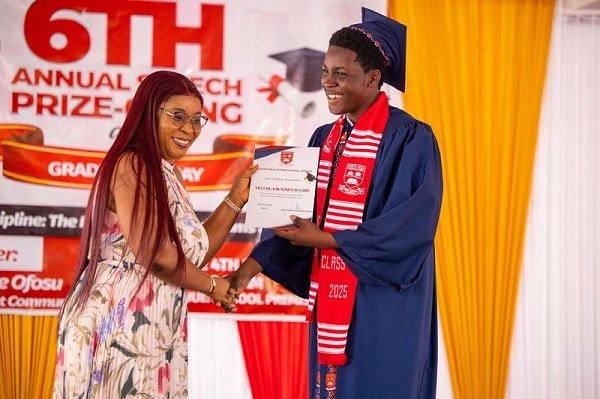
North Hill International School (NIS), a basic school situated at North Legon in Accra has held its 6th Speech and Prize-Giving Day with a call on parents and guardians to provide the needed moral guidance and support for children to become responsible and disciplined adults in society.
The Guest Speaker for the occasion, Mr Felix Kwakye Ofosu, Minister of State and Government Communication who made the call in a speech read on his behalf, said this stage was crucial for children to learn values that enable them become responsible members of the family unit, their immediate environment and the country at large.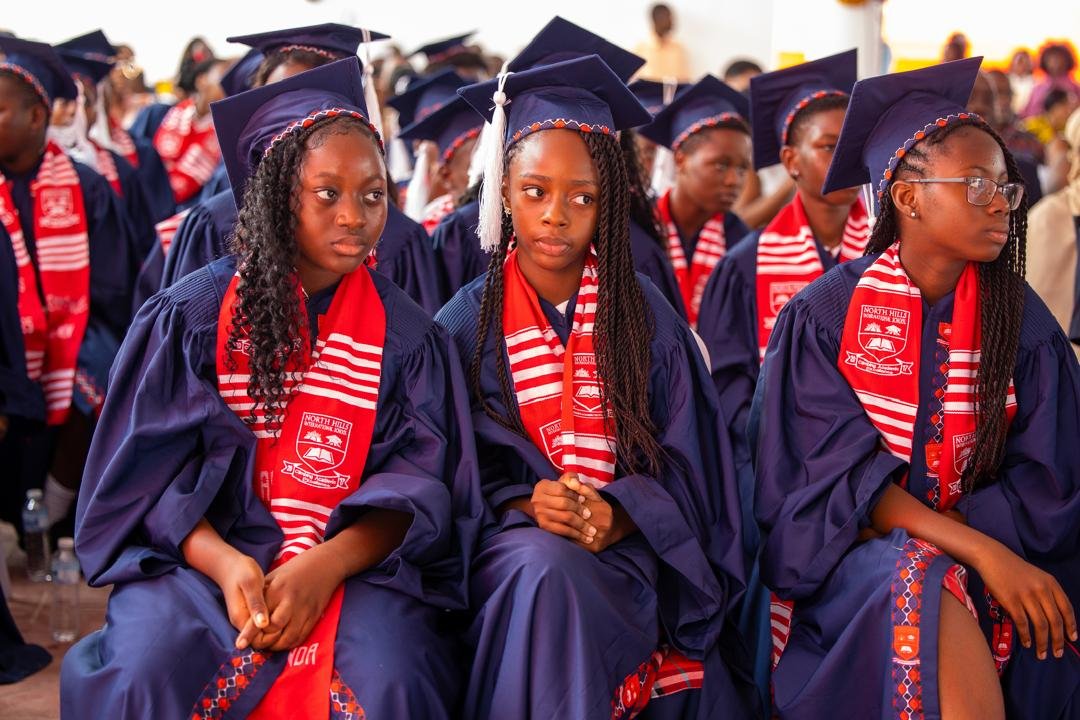
Themed: “Discipline- The bridge between dreams and reality” the event saw 36 learners in total graduating comprising primary and lower secondary.
Master Vielung Kwadwo Bagbin, son of Ghana’s Speaker of Parliament, Mr Alban Sumana Kingsford Bagbin, emerged overall best student.
Mr Ofosu said their formative stage was an age where good habits, behaviours and characters were built which lay a solid foundation for their lives.
In an address, the Principal of the School, Mrs Emma Coleman Opoku, said the school reaffirms its commitment to academic excellence as demonstrated by the outstanding performance of pupils in the 2025 Cambridge Checkpoint Examinations.
She described the outcome as result of tireless efforts from passionate teachers, the determination and diligence of pupils and the support of parents.
Over the years, she said, NIS has made remarkable strides in the Basic Education Certificate Examinations, consistently raising academic standards and producing outstanding results.
According to her, last year, the school recorded exceptional achievements including ten grade ones with two pupils attaining eight grade ones and another achieving six grade ones.
“Despite these successes, we have observed a decline in interest and enrollment in the GES curriculum,” she said.
The Principal indicated that, after careful examination and in light of current enrollment figures, the school has decided to suspend the GES curriculum temporarily.
On her part, the General Manager of the school, Mrs Bernice Adu Boateng, expressed gratitude to teachers for their dedication and professionalism and the invaluable role of parents which has brought the school thus far.
Come September, she said the school would roll out digital boards to complement the use of projectors and desktops in every classroom to infuse the use of technology to enhance facilitator-learner activities.
In a Global Perspective Project titled, “ Acting on Poverty and Inequality “, Year 7 pupils of the school raised an amount of GH₵17,530 to support the cause and donated used personal effects to Potter’s Village.
The Administrator and Human Resources Manager of the school, Mrs. Bertha Boamah Benin, expressed profound appreciation to companies and individuals that supported the event.
By Francis Cofie
Gender
Take control of your financial future …female students urged
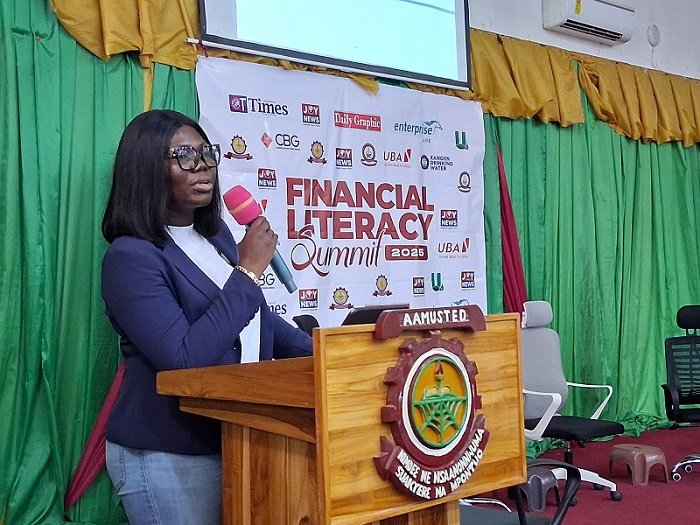
Mrs. Janet Acheampong Otoo, Treasurer of the Akenten Appiah-Menka University of Skills and Entrepreneurial Development (AAMUSTED), has urged young women to take control of their financial future by embracing literacy, confidence, and purposeful planning.
Speaking at the university’s Financial Literacy Summit over the weekend, she emphasized that “money is power” and that women must be empowered with the knowledge and skills to make informed financial decisions.
The summit, organised by the Student Representative Council, was held under the theme “Financial Fitness: Building wealth and securing your future.”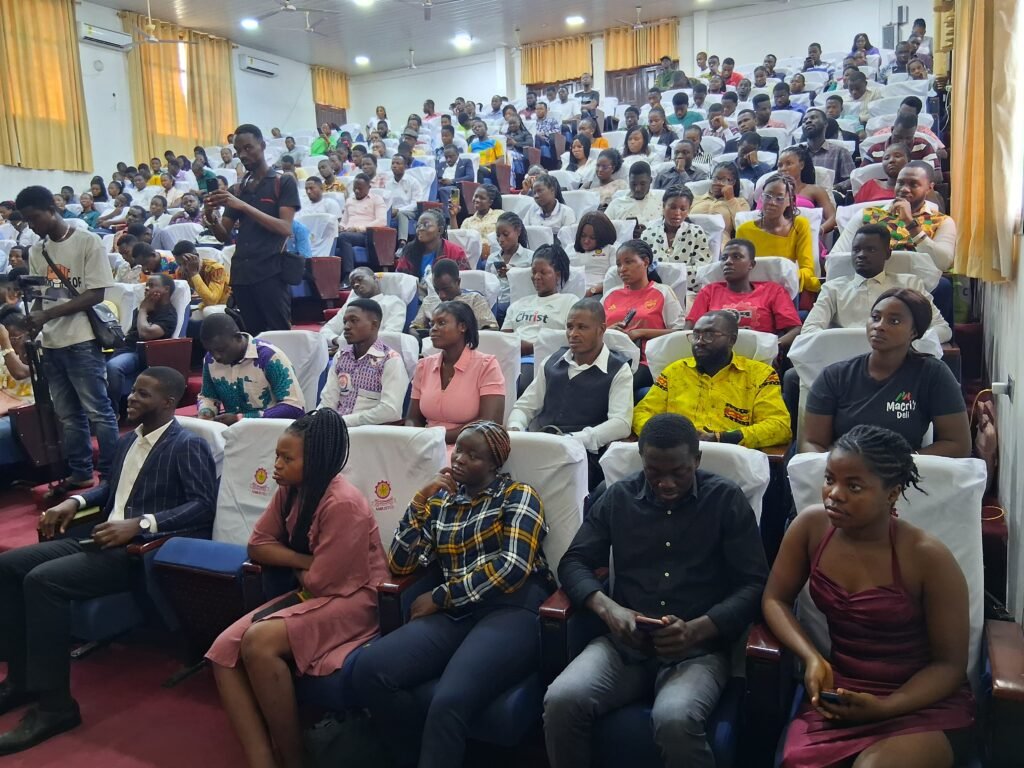
Mrs Acheampong Otoo explained that financial literacy was more than budgeting—”it encompasses saving, investing, and managing debt”.
However, she noted that many women still struggle due to a confidence gap that hinders their ability to create and follow effective financial plans.
“Financial independence is about freedom, confidence, and the ability to pursue your dreams,” she said. “As women, we have the power to shape our own futures and contribute meaningfully to society and family life.”
She encouraged female students to attend workshops, read widely, and avoid impulsive spending on beauty and lifestyle. “Every financial decision should align with your long-term vision,” she added. “Believe in yourself. Lead the charge.”
Joining the conversation, the Municipal Chief Executive of Sekyere South, Mr Evans Amo Twumasi, called financial literacy one of the most overlooked foundations in nation-building.
“In today’s world, the line between economic survival and financial freedom is drawn not by luck but by knowledge and discipline,” Mr Amo said. “Money may be finite, but knowledge is infinite—and financial discipline is the bridge between them.”
He stressed that financial fitness was not just about saving or spending, but understanding the value of a cedi, the cost of each decision, and the power of forward planning. With the right mindset and habits, he said, anyone can achieve economic resilience and long-term success.
Mr Amo urged students to embrace financial education as a tool for personal transformation and national progress. “The future does not belong to those who merely wish for wealth—it belongs to those who plan it, save it, and work for it,” he said.
He also called for policies that strengthen entrepreneurship and youth empowerment and encouraged students to respect money and use it with purpose.
Other speakers included Dr Evans Duah, Dr Prince Gyimah and Prof. Joseph Mbawuni, all lecturers at the University.
From Kingsley E. Hope






